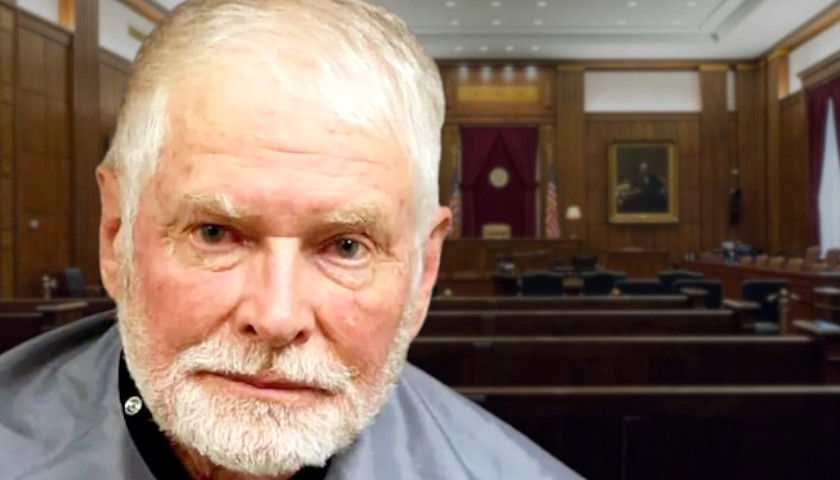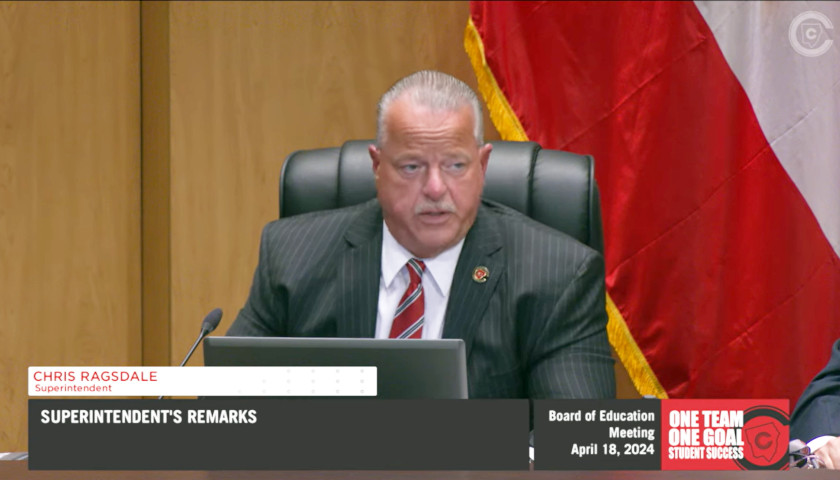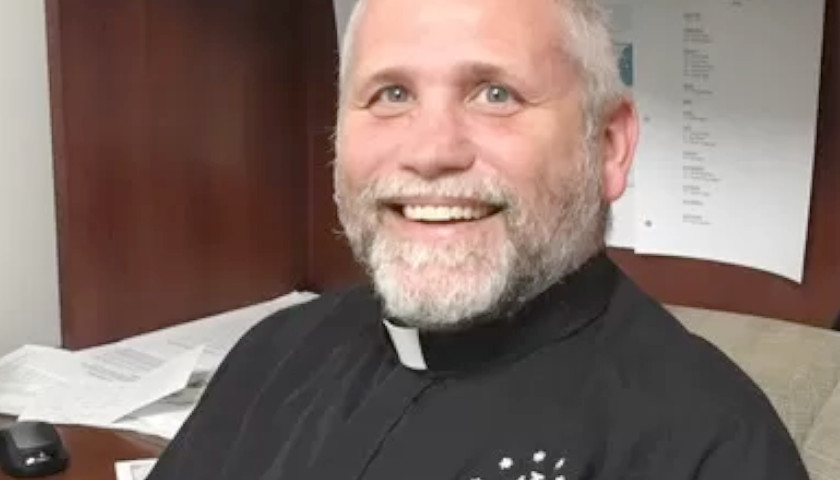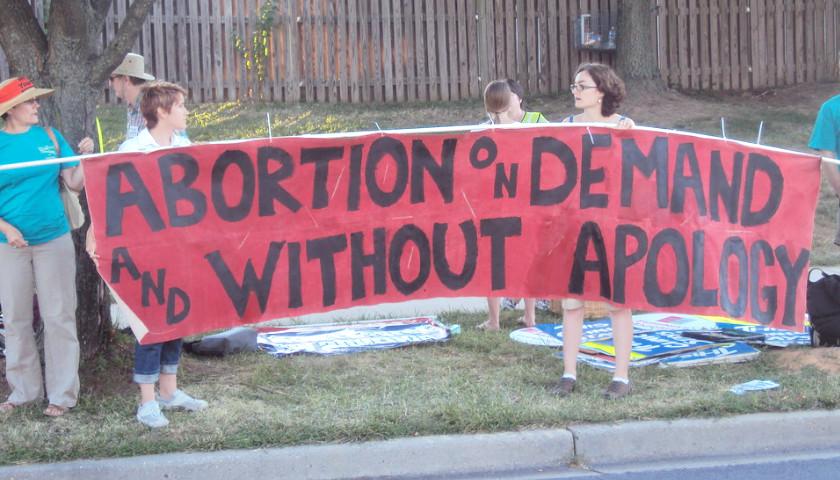Nashville Mayor Freddie O’Connell claimed on Thursday that his transit referendum will include plans for approximately 600 new traffic signals, and that new technology will be used to streamline the flow of vehicle traffic in the Music City.
O’Connell addressed Nashville drivers in a series of posts to the social media platform X, writing, “one of the most important elements” to his “transportation improvement program” involves “how it improves how everyone moves, including people driving.”
The mayor attached an image showing a “potential scope of signalization projects” that could be accomplished under his transit referendum. According to the graphic, the plan includes approximately 600 new traffic signals across the the county.
As we continue to work on our proposed transportation improvement program, one of the most important elements is how it improves how everyone moves, including people driving.
This will be the fastest, best way to modernize our traffic signal grid.https://t.co/1GqsUDPGbu pic.twitter.com/6l3RMhC5h8
— Freddie O’Connell (@freddieoconnell) March 28, 2024
Addressing drivers, O’Connell claimed “smarter signals” will be used under his initiative to help resolve and alleviate traffic jams, and claimed they will additionally “help the buses in our transit system run on time.”
The mayor similarly said investments to Nashville’s signal network “means improving a lot of intersections so they’re safer for people just trying to cross the street.”
Finally, improving signals also means improving a lot of intersections so they’re safer for people just trying to cross the street.
We can keep traffic flowing smoothly, making walking safer, and keep your bus on time.#ChooseHowYouMove
— Freddie O’Connell (@freddieoconnell) March 28, 2024
Though the details of O’Connell’s transit plan remain scarce, the mayor recently met with an “exclusive and prominent” collection of Nashville business, academic and government leaders to court their support for his referendum.
Many of those who reportedly attended the meeting previously supported the failed mass transit referendum proposed by disgraced former Nashville Mayor Megan Barry.
While O’Connell is widely expected to pitch paying for the cost of his transit referendum with a half-cent sales tax, Nashville Tea Party founder Ben Cunningham recently predicted a sales tax increase would be “just a small down payment” on the total cost of the mayor’s plans.
The half cent sales tax hike is just a small down payment for a transit vision that will be many orders of magnitude larger than the plan which will be presented to voters in November,” wrote Cunningham to X.
Cunningham explained that federal money, which will likely be used by O’Connell to offset the cost to Nashville taxpayers, is set to expire in 2026, creating a “transit ‘fiscal cliff'” for cities depending on the federal dollars.
In a recent appearance on The Michael Patrick Leahy Show, Cunningham similarly predicted the Nashville government would be forced to pay for a long-term funding gap with property tax increases.
“They will come back and they will fill the gap with property tax increases. We will have property tax increases as far as the eye can see,” Cunningham warned.
– – –
Tom Pappert is the lead reporter for The Tennessee Star, and also reports for The Georgia Star News, The Virginia Star, and the Arizona Sun Times. Follow Tom on X/Twitter. Email tips to [email protected].
Photo “Freddi O’Connell” by Freddie O’Connell, Mayor of Metropolitan Nashville & Davidson County.








